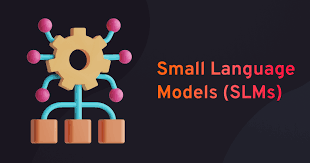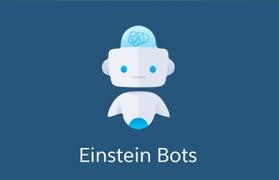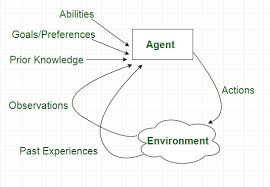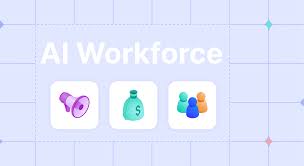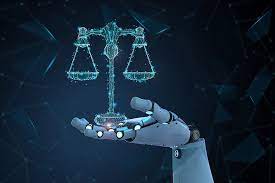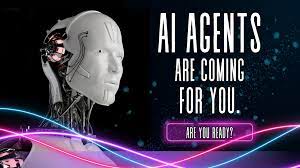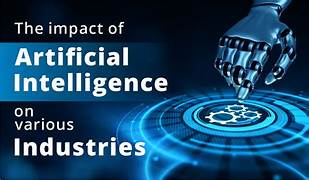Salesforce and AdvoLogix
SUGAR LAND, Texas, Aug. 12, 2024 /PRNewswire/ — AdvoLogix, a leader in legal technology, is excited to announce its groundbreaking Legal Assistant AI, a comprehensive suite of AI tools designed specifically for the legal industry. Law firms face mounting pressure to deliver exceptional client service while managing rising costs and complexities. This innovative solution seamlessly integrates with Salesforce, automating tasks and leveraging the power of AI to streamline law firm operations while ensuring security with its Trust and Safety Layer. Our AI’s Trust and Safety Layer, ensures that law firms can trust our technology to protect sensitive information. AdvoLogix Legal Assistant AI significantly enhances daily workflows with advanced capabilities such as document automation, financial management, client and matter intake, case management, and workflow optimization. Customizable based on unique data sets, these AI agents can be tailored to meet the specific needs of any legal organization. For example, law firms can create AI agents to address the nuanced requirements of particular clients or specialized areas of practice. The AI’s Trust and Safety Layer ensures secure data retrieval, grounding, prompt defense, and compliance, providing law firms with the confidence that their sensitive information is protected. By embedding these tools directly into the Salesforce platform, AdvoLogix delivers a powerful, integrated solution that leverages the power of AI in the context of daily law firm operations. Leveraging SALI Tags for Enhanced Data Management One of the standout features of the AdvoLogix Legal Assistant AI is its integration with the SALI (Standards Advancement for the Legal Industry) taxonomy. By leveraging Salesforce workflows, attorneys can quickly and accurately tag matters with SALI tags, enabling data-driven insights and improved matter management. This seamless integration ensures that valuable data is captured and utilized effectively to inform strategic decisions. Customizable AI Models for Tailored Legal Support AdvoLogix offers fine-tuned AI models specifically trained for legal activities. These models can be easily integrated into Salesforce workflows to automate tasks such as record and document retrieval, document summarization, and system data queries. Additionally, these AI models have the capability to ask and receive answers to general or specific legal questions on any topic, all from the perspective of an attorney. By leveraging the power of AI within the familiar Salesforce environment, legal professionals can focus on higher-value activities while the AI handles routine tasks. Some features are currently available in controlled release. A Commitment to Security and Accuracy “By embedding our AI capabilities into Salesforce workflows, we’ve developed a robust solution that allows legal professionals to benefit from AI services that are safe and highly efficient during normal work activities. Our AI’s Trust and Safety Layer, featuring secure data retrieval, grounding, prompt defense, and more, ensures that law firms can trust our technology to protect sensitive information. This focus on security, accuracy, and compliance is crucial for modern legal practices,” said Jonathan Reed, CEO of AdvoLogix. Experience the Future of Legal AI at ILTACON 2024 Visit AdvoLogix at Booth #346 to see live demonstrations of our Legal Assistant AI capabilities and discover how they can transform your firm’s operational efficiency. Our experts will be available to answer your questions and provide tailored insights into how our AI solutions can enhance your legal workflows and financial management. About AdvoLogix Founded in 2006, AdvoLogix is a premier provider of AI-driven technology solutions, helping businesses in the legal technology sector and beyond streamline operations, reduce costs, and improve productivity. With a broad range of native integrations that seamlessly integrate with Salesforce, AdvoLogix delivers measurable gains in productivity and efficiency. For more information, visit www.advologix.com and follow AdvoLogix on LinkedIn @AdvoLogix. Media Contact:Marketing [email protected] Like Related Posts Salesforce OEM AppExchange Expanding its reach beyond CRM, Salesforce.com has launched a new service called AppExchange OEM Edition, aimed at non-CRM service providers. Read more The Salesforce Story In Marc Benioff’s own words How did salesforce.com grow from a start up in a rented apartment into the world’s Read more Salesforce Jigsaw Salesforce.com, a prominent figure in cloud computing, has finalized a deal to acquire Jigsaw, a wiki-style business contact database, for Read more Health Cloud Brings Healthcare Transformation Following swiftly after last week’s successful launch of Financial Services Cloud, Salesforce has announced the second installment in its series Read more


